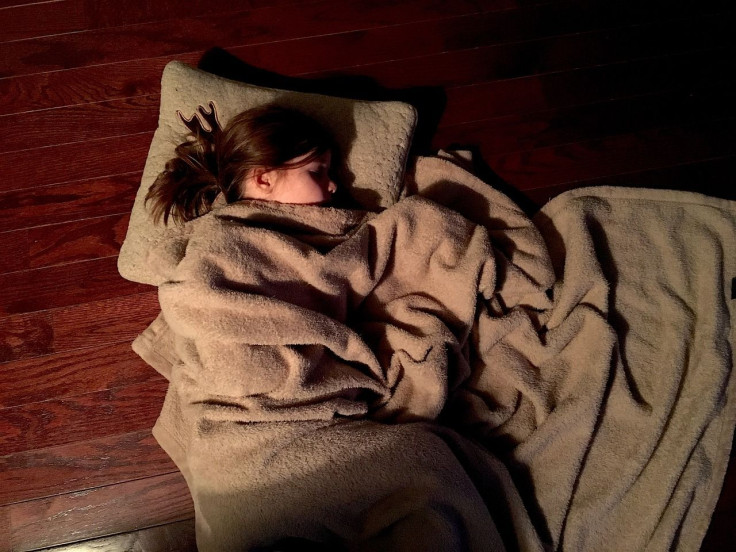Subtle Human Hibernation? Researchers Find Seasonal Changes In People's Sleep
KEY POINTS
- Researchers looked at seasonal sleep variations in a group of people
- Seasonal variations were noticed even in an urban setting
- The study stresses on the need to adjust sleep habits, including length and timing, to the season
Although humans don't hibernate as some animals do, there may be a seasonality to our sleeping patterns. People may have more REM (rapid eye movement) sleep in the winter, a team of researchers has found.
The team looked at the sleep duration of a large group of people "over one year" as part of their study, which was published in Frontiers in Neuroscience. The idea was to "investigate seasonal variation" in the sleep measures of the group.
Our body clocks are impacted by the Sun, explained Frontiers. But it hasn't been easy to determine whether the changes in light exposure throughout the season will affect sleep.
"While short-term effects of artificial light on human sleep are increasingly being studied, reports on long-term effects induced by season are scarce," the researchers wrote in their paper.
The team conducted sleep studies in a laboratory with nearly 300 participants, who had sleep issues. In the lab, they were to sleep "as usual" but with no alarms while they were being monitored.
The study was conducted in 2019. The researchers made certain exclusions such as those who were taking medications that could affect their sleep, leaving them with 188 participants.
"Measures of the diagnostic second nights were averaged per month and analyzed over the year," the researchers wrote.
They found variations in the participants' sleep, particularly in their REM sleep, which is the stage that's typically associated with dreams and memory consolidation.
Specifically, the REM sleep stage was about 30 minutes longer in the winter than the summer. They also had less deep sleep in the autumn, Frontiers reported.
"(T)he present finding confirms a previous observation of significant changes occurring in REM duration between seasons," the researchers wrote.
REM sleep is linked to the circadian clock, which in turn is impacted by the amount of light. But even though the participants were in an urban environment, where the light pollution was high and their exposure to natural light was low, the researchers still observed the seasonal changes.
"Data suggest seasonal variation in sleep architecture even when living in an urban environment in patients with disturbed sleep," the researchers wrote. "If replicated in a healthy population, this would provide first evidence for a need to adjust sleep habits to season."
For most people today, the time they wake up is largely related to their work or school or other responsibilities rather than "by their internal clock." Given the results, people can adjust their sleep times in the winter by going to bed earlier, the researchers suggested.
"Even though we still perform unchanged, over the winter human physiology is down-regulated, with a sensation of 'running-on-empty' in February or March," study corresponding author Dr. Dieter Kunz, of the Clinic of Sleep & Chronomedicine at St Hedwig Hospital in Berlin. "In general, societies need to adjust sleep habits including length and timing to season, or adjust school and working schedules to seasonal sleep needs."

© Copyright IBTimes 2025. All rights reserved.






















